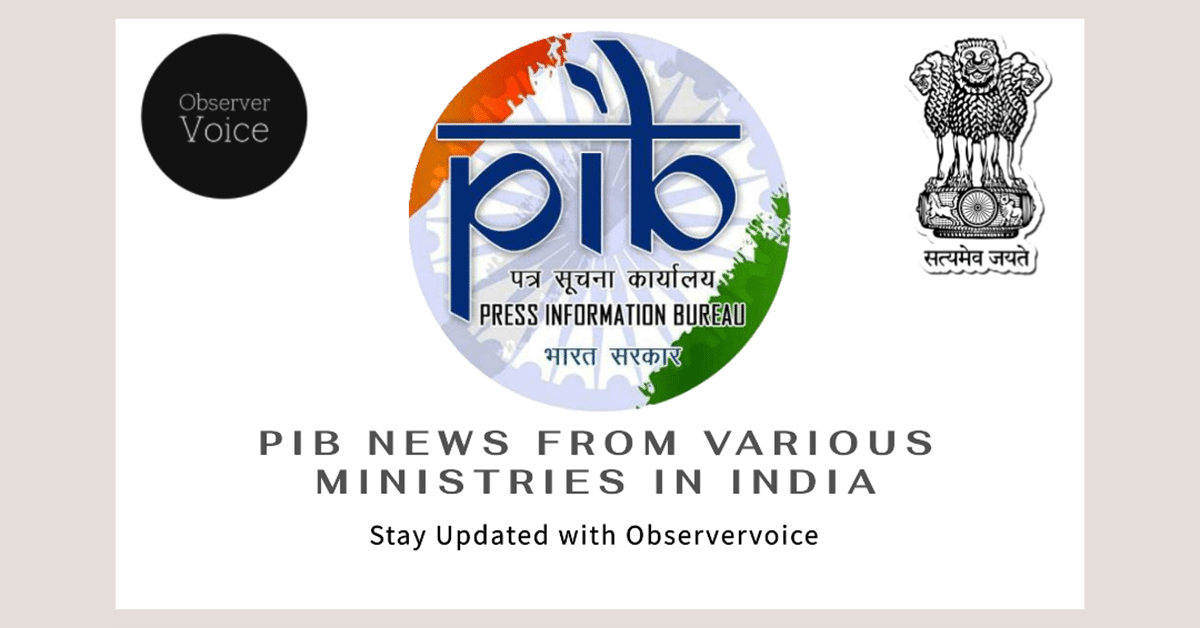Upholding Democracy: A Call for Decorum in Parliament

Vice-President Jagdeep Dhankhar recently addressed the pressing issue of declining decorum and discipline in parliamentary discourse. Speaking at the Constitution Day event held at ‘Samvidhan Sadan’, he emphasized the need to restore the sanctity of democratic institutions. His remarks come at a time when the effectiveness of parliamentary discussions is under scrutiny. Dhankhar’s call to action urges lawmakers to engage in constructive dialogue and meaningful debate. He believes that these elements are essential for serving the people effectively and maintaining the integrity of democracy.
The Importance of Decorum in Parliamentary Discourse
During his address, Vice-President Dhankhar expressed deep concern over the erosion of decorum in parliamentary discussions. He stated that disturbances in the House have become a strategy that threatens the very foundation of democratic institutions. He urged all members of Parliament to recommit to the principles that guided the Constituent Assembly. Dhankhar reminded attendees that the founding fathers of the Constitution navigated contentious issues with a focus on consensus and understanding. This historical perspective serves as a reminder of the importance of maintaining decorum in discussions, which is vital for the functioning of democracy.
He emphasized that the Constitution is a masterpiece that reflects the foresight and dedication of its creators. The Vice-President called for a collective resolution to restore the “pristine glory” of parliamentary functioning. He believes that a return to respectful dialogue is essential for the health of democracy. By fostering an environment where constructive discussions can take place, lawmakers can better serve the interests of the people. Dhankhar’s remarks resonate with the need for a renewed commitment to the principles of democracy, which hinge on respectful and disciplined discourse.
The Role of Constitutional Institutions
In his speech, Dhankhar highlighted the significance of the division of powers among the three branches of government: the Legislature, the Executive, and the Judiciary. He pointed out that each branch has a defined role, and their effective functioning is crucial for nurturing democracy. The Vice-President stressed that these institutions must work in harmony, adhering to their respective jurisdictions. This synergy is essential for steering the nation toward prosperity and equity.
Dhankhar advocated for a structured mechanism to resolve issues among these branches. He believes that such a framework would enhance collaboration and improve governance. By fostering greater convergence among the institutions, the government can better address the needs of the citizens. The vice president’s emphasis on the importance of institutional integrity serves as a reminder that democracy thrives when its foundational elements work together effectively.
Upholding Fundamental Duties and Rights
The Vice-President also underscored the importance of adhering to fundamental duties as outlined in the Constitution. He stated that while the Constitution guarantees Fundamental Rights, it also mandates Fundamental Duties. These duties define informed citizenship and are crucial for the health of democracy. Dhankhar referenced Dr. B.R. Ambedkar’s warning that internal conflicts pose a greater threat to democracy than external ones. He urged citizens, especially Members of Parliament, to prioritize national interests and safeguard the environment.
Dhankhar’s call to action is a reminder that citizens must fully commit to their fundamental duties. He emphasized the need to protect national sovereignty and foster unity among the populace. The Vice-President’s remarks resonate with the vision of a developed India by 2047, a nation that exemplifies progress and inclusion. By placing the nation first, citizens can contribute to a more harmonious and prosperous society.
Reflecting on Historical Lessons
In his address, Dhankhar recalled the dark period of the Emergency in India, a time when fundamental rights were suspended. He emphasized the sacred duty of lawmakers to honor the aspirations of citizens and protect their rights. The Vice-President’s reflections serve as a poignant reminder of the importance of vigilance in safeguarding democracy. He quoted Dr. Ambedkar’s concerns about the potential for history to repeat itself if citizens prioritize personal or political interests over national unity.
Dhankhar’s emphasis on the need to place the nation above all else is a call for introspection among lawmakers and citizens alike. He urged everyone to guard against the dangers of division and to remain committed to the ideals of democracy. The vice president’s address serves as a timely reminder that the strength of a nation lies in its unity and commitment to democratic principles. As India moves forward, it is essential to uphold the values enshrined in the Constitution and work collectively toward a brighter future.
Observer Voice is the one stop site for National, International news, Sports, Editor’s Choice, Art/culture contents, Quotes and much more. We also cover historical contents. Historical contents includes World History, Indian History, and what happened today. The website also covers Entertainment across the India and World.

